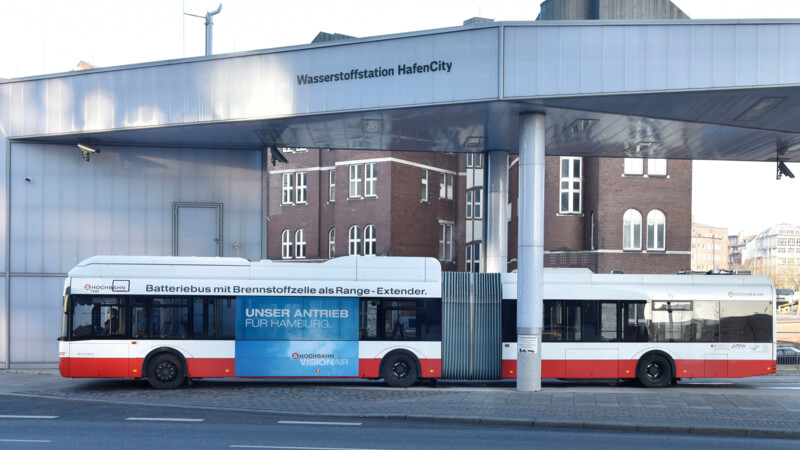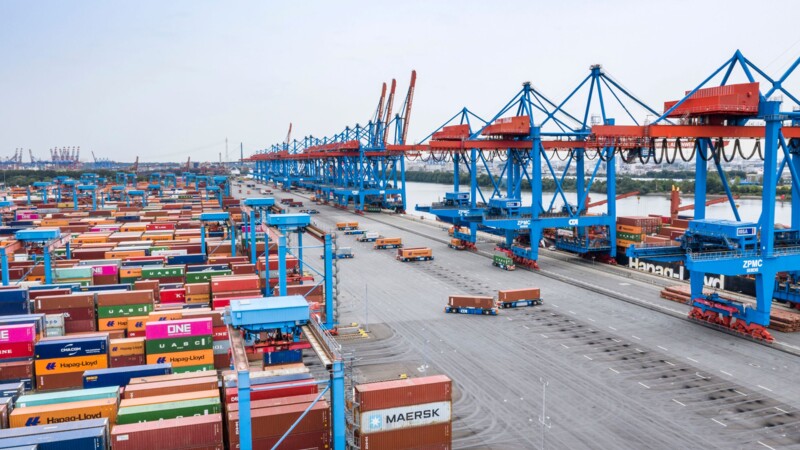Although the Port of Hamburg is Europe's largest rail port and rail-based hinterland traffic is one of its strengths, this competitive advantage often cannot be used on short routes. The distance of 180 kilometres between Hamburg and Braunschweig is too short for the train. This is where inland waterway shipping can offer an attractive alternative to lorry transport with transit times of approximately 24 hours.
“Hamburg and Braunschweig have excellent connections via the River Elbe, the Elbe Lateral Canal and the Mittelland Canal,” said Jens Hansen, a Member of HHLA's Executive Board. Around 70,000 standard containers were moved between Hamburg and Braunschweig via the waterway in 2019 and saving some 40,000 lorry journeys, he noted. “We want to work with the Port of Braunschweig to develop new transport concepts for companies interested in forwarding goods to shift additional transport volume to environment-friendly inland waterway carriers, ” said Hansen. This will relieve the burden on roads and reduce CO2 emissions at the same time.



